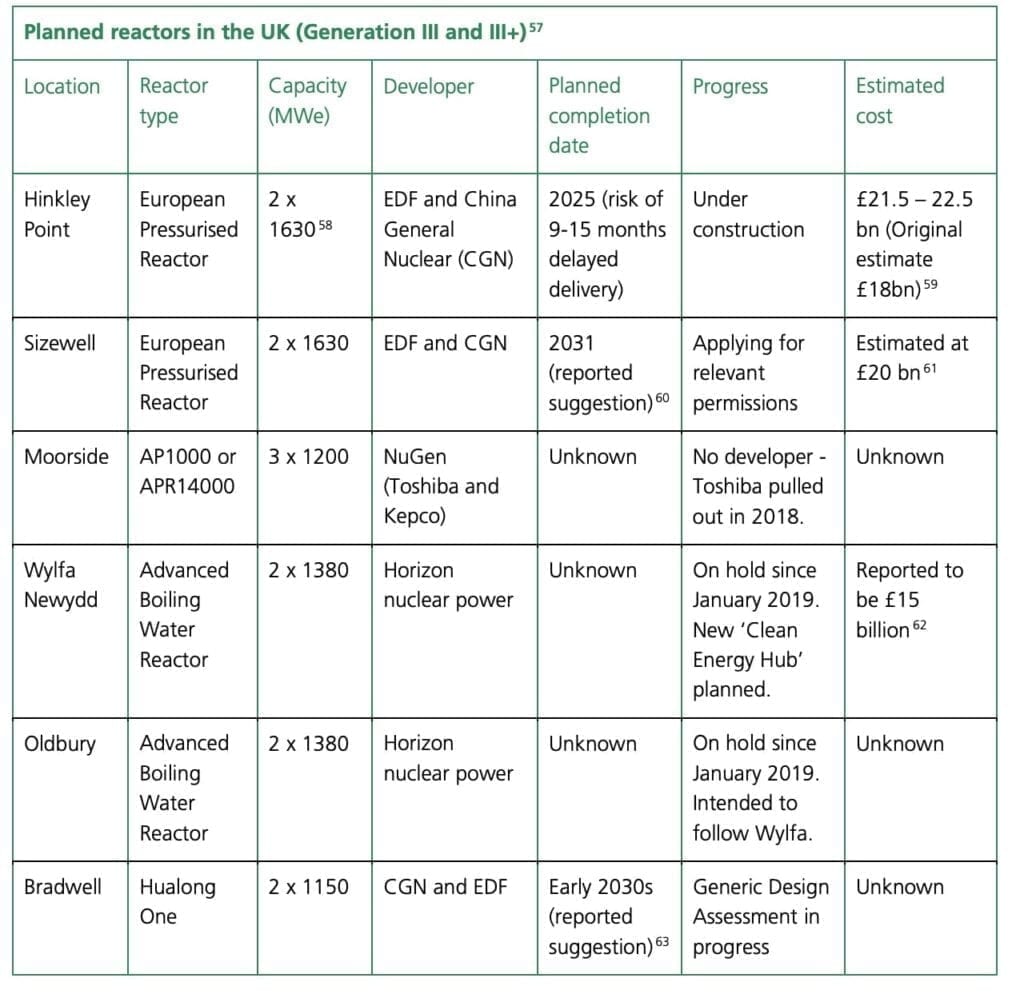Hitachi Out of UK Nuclear Business
Hitachi will formally end business operations on the Horizon Nuclear Power Plant in the UK, citing an “investment environment” that has become “increasingly severe due to the impact of COVID-19.”
The Tokyo, Japan–headquartered conglomerate’s move comes 20 months after it first suspended plans to build the plant in Wylfa Newydd in Wales as part of a larger corporate overhaul. The company, which was in the midst of negotiations with the UK government to establish a guaranteed price of power, in January 2019 cited financial concerns with the project. At the end of that fiscal year, in March 2019, the company posted an impairment loss of $2.8 billion owing to the project’s suspension.
The decision to suspend Horizon, notably, came just weeks after Hitachi announced that it would acquire ABB’s power grids business in an $11 billion deal. The companies formally established Hitachi ABB this July.
“Hitachi decided to suspend the Project in January 2019, from the viewpoint of Hitachi’s economic rationality as a private company because it was clear that further time was needed to decide on a financing structure for the Project and the conditions for building and operating the nuclear power stations,” the company said Wednesday.
As proposed by Horizon Nuclear Power Ltd., a company Hitachi acquired in November 2012 from German companies RWE and E.ON, the project would have comprised two UK ABWR units. It was intended to “develop Hitachi’s nuclear business in the UK and contribute to the energy policy of the UK government, as well as maintaining the business foundation that supports the nuclear industry in Japan,” Hitachi said.
The company now plans to coordinate with the UK government and relevant organizations regarding its cooperation as the owner of the ABWR license, which it acquired after completion of the UK’s generic design assessment in 2017.
In a statement on Wednesday, Horizon Nuclear CEO Duncan Hawthorne expressed disappointment that activity on the project would need to cease. But he added the company would do its “utmost to facilitate the prospects for development which will bring the major local, national and environmental benefits that nuclear can uniquely deliver as we push to transition to a net zero carbon economy by 2050.” Nuclear power has a critical role to play to help tackle energy needs and meet climate change. “Wylfa Newydd on Anglesey and Oldbury on Severn are highly desirable sites for new nuclear build,” he noted.
With Horizon now definitively withdrawn, only one new-build project continues in the UK: the two-unit 3.2-GW EPR Hinkley Point C in Somerset, a site that formerly housed the decommissioned Magnox reactor (Hinkley Point A) and an operating advanced gas-cooled reactor (Hinkley Point B). Hinkley Point C received a license from the Office for Nuclear Regulation (ONR) in 2012.
Though it is now under construction by developers EDF and China General Nuclear (CGN), Hinkley Point C has suffered a number of setbacks, which pushed its operation start date to 2025. It has also already suffered cost increases. While the original cost estimate in 2016 was £18 billion ($23.3 billion), EDF said in September 2019 total project completion will cost between £21.5 billion ($27.8 billion) and £22.5 billion ($29 billion). Construction is funded two-thirds by EDF, which is partly owned by the French government, and a third by CGN, a Chinese state-owned company. The UK government in 2015 also furnished Hinkley Point C with a £2 billion government loan guarantee.
Hinkley Point and Wylfa Newydd were two of eight sites (Figure 1) identified as being suitable for new nuclear reactors by the end of 2025. Today, the UK has fifteen reactors at eight plants, generating about 21% of its electricity, but the vast majority are due to reach the end of their operating lives and be shut down before 2030.

suitable for new nuclear reactors by the end of 2025, of which six are in some stage of
planning or development.
—Sonal Patel is a POWER senior associate editor (@sonalcpatel, @POWERmagazine).